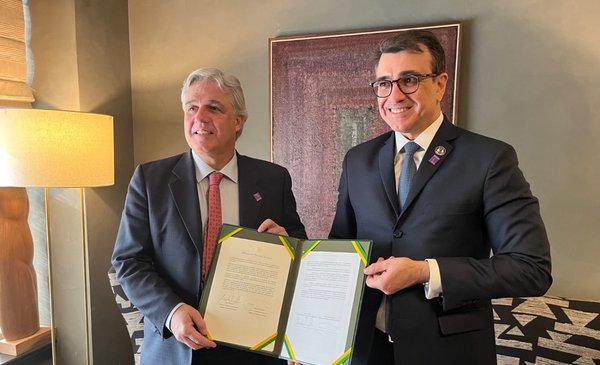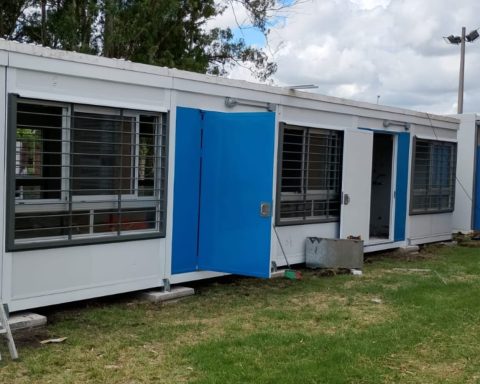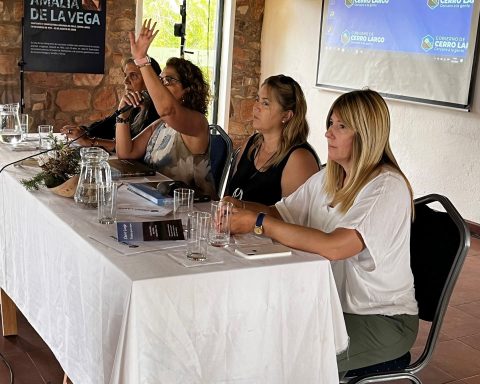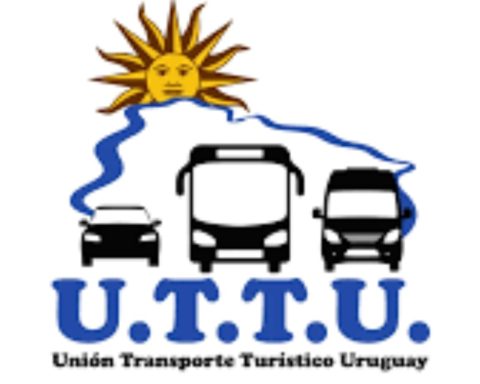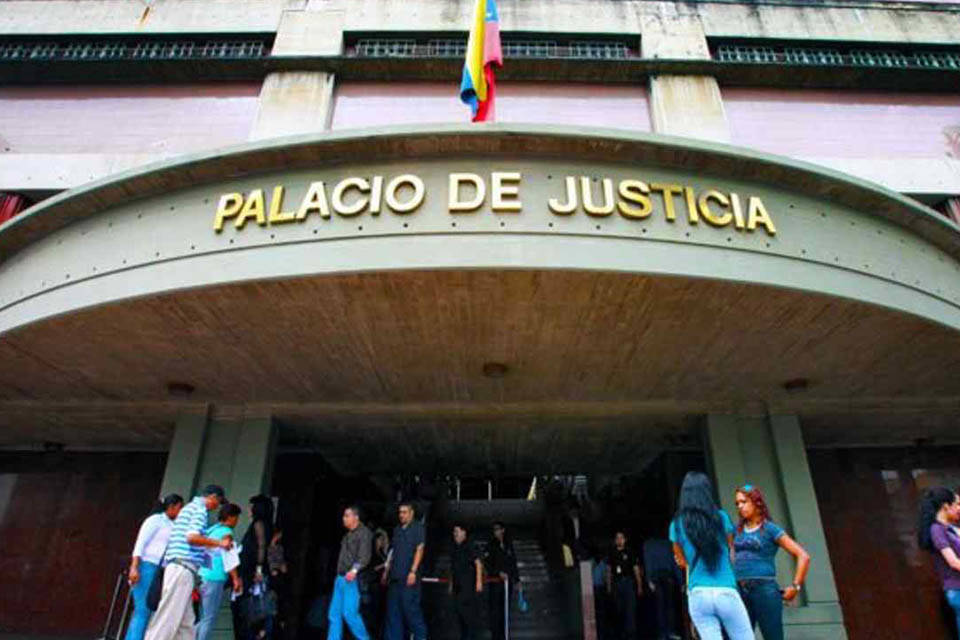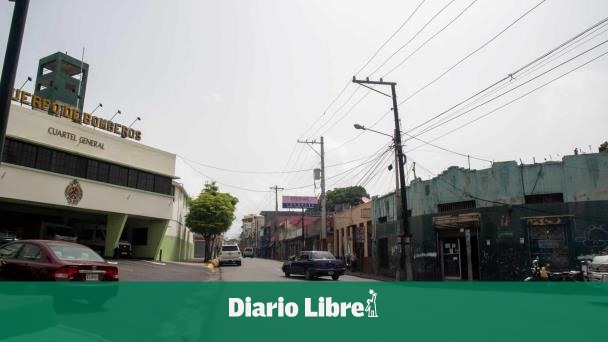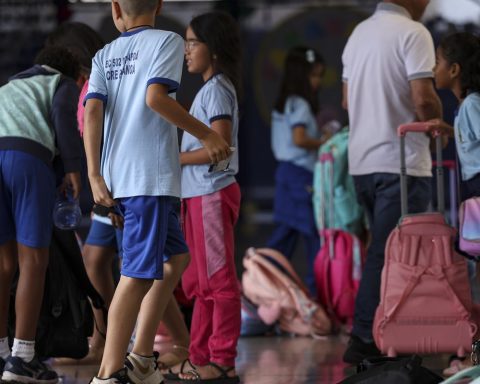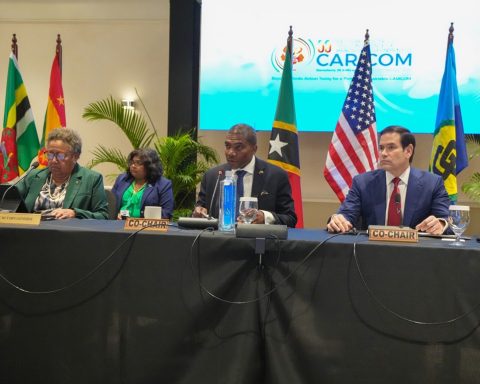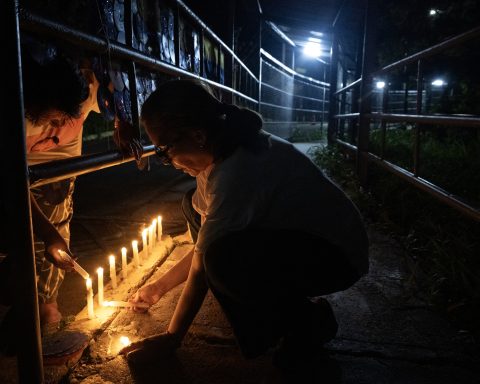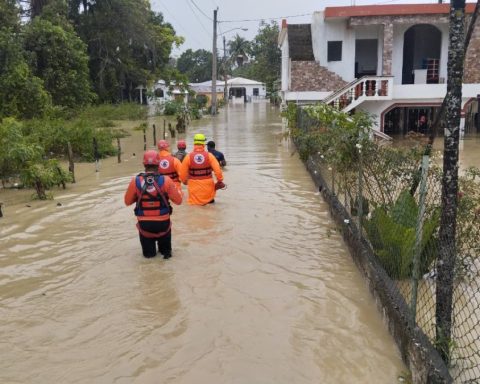The governments of Uruguay and Brazil culminated this Thursday a negotiation that includes various sensitive points on the bilateral and Mercosur agenda that remained paralyzed for months.
After weeks of conversations in which the Ministries of Economy and the Foreign Ministries of both countries participated, the Minister of Foreign Affairs, Francisco Bustillo, and his Brazilian counterpart Carlos França agreed in Los Angeles a text that includes the Uruguayan decision to adhere to the Brazilian initiative to lower the bloc’s Common External Tariff (CET) when the matter is raised again in the Mercosur spherewhile Itamaraty expressed its commitment to give speed to the bloc’s external agenda, as well as his determination prioritize the treatment of “negotiating flexibilities” that this international insertion requires and that Uruguay claims, as it learned The Observer.
In addition to these two points of regional scope, at the bilateral level the countries agreed – at the impulse and demand of Uruguay – the conditions for preferential access of goods produced in free zones and special customs areas located in both countries, based on the list of products covered by the Economic Complementation Agreement (ACE) number 18. Meanwhile, Uruguay authorized the importation of yerba mate for cases where maximum cadmium limits are found, thus excepting a health standard at the Mercosur level. This is a relevant issue for Brasilia because the weed is the the only Brazilian product that has Uruguay as its main market: represents 60% of its exports. In 2021 that equated to more than $58 million.
Regarding the first matter, Bustillo and França defended the idea that the current situation of the Common External Tariff “does not reflect current needs” of Mercosur and that its reduction contributes to improving the competitiveness of the countries. Though did not agree on a specific percentage –which must meet the consensus of the partners– Brasilia bets on a 20% reductionas unilaterally adopted, which is a number that Uruguay can tolerate, political sources told The Observer.
Regarding modernization, the foreign ministers emphasized the need to give it a greater dynamism to the bloc’s foreign agenda, for which they understand that new “flexible formats and mechanisms” that can be adjusted to “specificities” of different situations and respond to “interests and sensitivities” of each of the member states.
Brazil, in particular, showed its willingness to give “priority” to treat the “negotiating flexibilities” in Mercosur. In this context, Bustillo informed his Brazilian counterpart about the steps that his portfolio had been taking to pursue negotiations with countries outside the bloc, such as China and Turkey.
The story: a deadlocked deal that took PepsiCo hostage
With this agreement that arises as a result of the will to negotiate, both governments They ironed out disagreements that had limited the relationship in recent months and, fundamentally, since the end of 2021, when Uruguay rejected Brazil’s proposal –negotiated with Argentina and backed by Paraguay– to lower the AEC of the block by 10% for a list of 6,195 products (87% of the products of the Mercosur Common Nomenclature) .
At that time, Uruguayan diplomacy worked on the basis of declarative actions which insisted on the Uruguayan need to “flexible” the bloc, and made its support for the reduction of the CET conditional on its being explicitly authorized to negotiate with third parties bilaterally. Brazil, for its part, prioritized the reduction of the CET as a mechanism to combat high inflation.
However, the persistent Uruguayan refusal to the Brazilian proposal had its impact. One of singular importance was Brazil’s decision to do not renew for this year the system of total reduction of the AEC or of the national import tariffs to the products of PepsiCo that come from the Cologne free zone.
In January 2014, when the last year of the José Mujica government began, the two states had negotiated, under the umbrella of the Latin American Integration Association (Aladi), an Economic Complementation Agreement that allowed Uruguay preferential access to the Brazilian market for certain products from the Colonia and Nueva Palmira Free Zones, while Brazil had the same benefit with some products that left the Manaus Free Zone.
This agreement, which had to be renewed annually, was on a par with the historic tariff exemption achieved by Brazil and Argentina in the 1994 negotiations for special customs areas of Manaus and Tierra del Fuego respectively. These exceptions perforated the Common External Tariff by treating the products that were exported from these places as if they originated in Mercosur and, therefore, enabled to circulate in the free trade zone, unlike what the norm establishes for the rest of the free zones.
That by the end of 2021 and the beginning of 2022 Brazil had not renewed that tariff exemption for the Colonia free zone –and that it remained paralyzed for six months– was a sign of dissatisfaction with the way in which the Uruguayan government had standing in the court of negotiation and his refusal to accept the reduction of the AEC, demanded neither more nor less than by the Minister of Economy Paul Guedesthe best ideological ally in Brazil that has had the international insertion of Uruguay in recent years.
That request to reduce the tariff made a big difference for Brasilia –based on the upcoming electoral scenario and the Jair Bolsonaro government’s search to improve the economic situation– and it did not move the needle in Uruguay, so Guedes and his they navigated in bewilderment at the position taken by the Executive Tower.
The Brazilian reaction was disturbing for the multinational PepsiCo, which saw the benefit it counted for its export to Brazil from Cologne affected a few months after its CEO for Latin America, Paula Santilli, traveled to Uruguay to announce an investment of US$64 million. at its plant located in that free zone. The situation caused so much concern that the company mobilized its highest regional and international authorities to make calls at the highest level.
França’s visit to Montevideo at the beginning of May did not improve the situation. The Itamaraty representatives left disgusted of the Palacio Santos for the forms and substance of a meeting in which they once again took Uruguay’s rejection of a new request to make another reduction of the AEC by 10% –something that Brazil would end up implementing unilaterally again at the end of May– and in which at the last minute they received a request to approve a text that would enable Uruguay to negotiate on its own, in accordance with the provisions of the Treaty of Asunción.
There was no press conference. França put on the best possible smile and resorted to his diplomatic devices to declare to the journalists who were waiting for him at the door of the Foreign Ministry because he knew that history always goes on and that sooner rather than later he would end up sitting again at a negotiating table with Bustillo.
The new scenario: repositioning
This new meeting effectively took place this Thursday afternoon in Los Angeles, where the ministers arrived to participate in the Summit of the Americas. However, the meeting was preceded by a month of work in which the Ministry of Economy, headed by Azucena Arbeleche, took a greater role in the matter with the support of the services of the Foreign Ministry.
With the change of position and the agreement with Brazil, the Uruguayan government was left with a tangible achievement and has potential in bilateral trade: the liberalization of trade for exports from all free zones in the country. also got a nod to China with the long-awaited Brazilian declaration, which they hope will generate some effect in Beijing, while the Asian country completes the internal consultation and responds to the joint feasibility study. Brazil, meanwhile, acquired the Uruguayan commitment to adhere to the cancellation of the CET.
If in December the panorama was that of a “triple Alliance” involuntary against a Uruguay that remained isolated, with this negotiation now the government of Luis Lacalle Pou kicks the board and puts the Argentine Foreign Ministry in the need to dialogue with Itamaraty before the next summit or bear the responsibility of a new breakdown of the Mercosur consensus.
